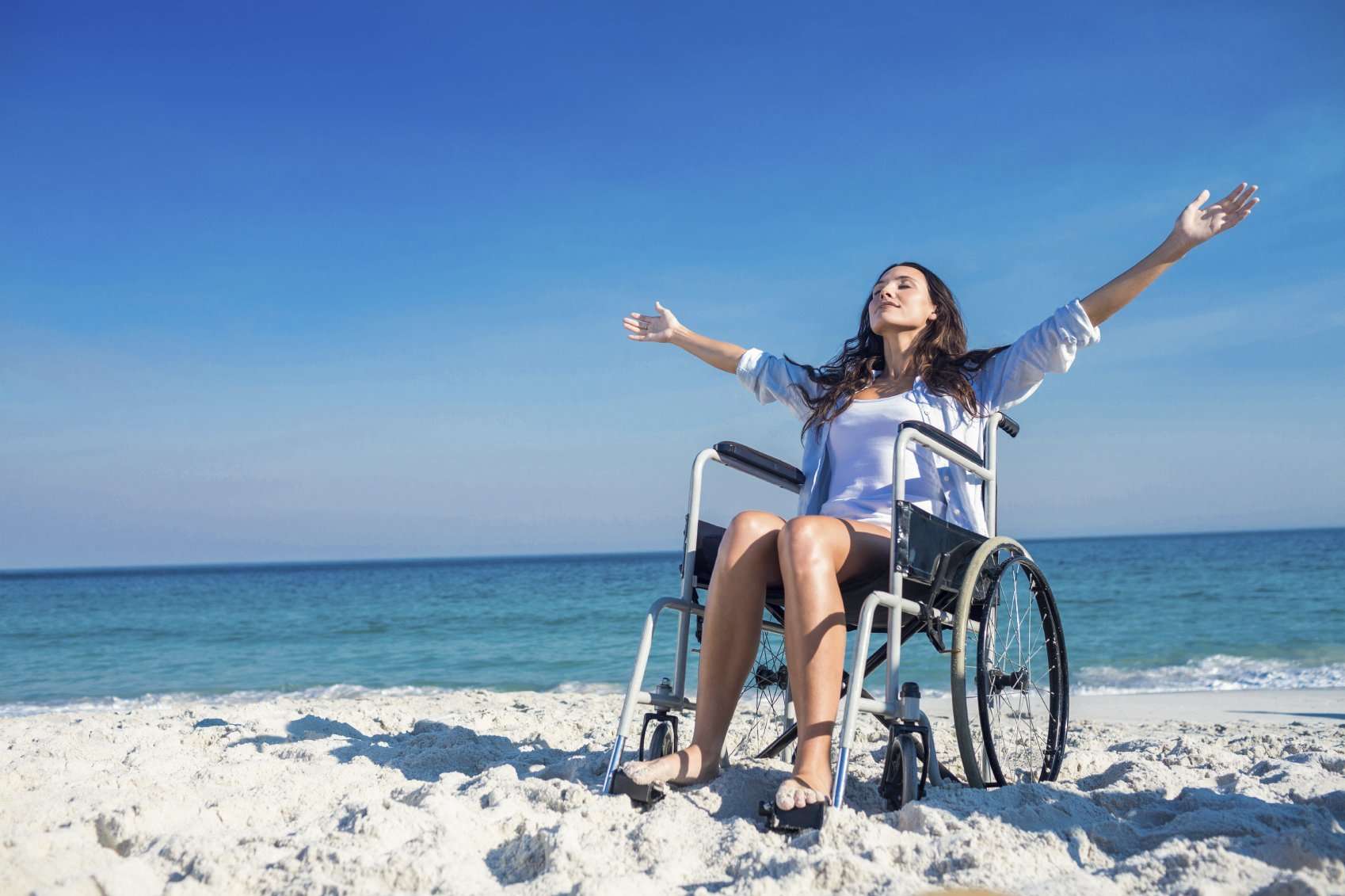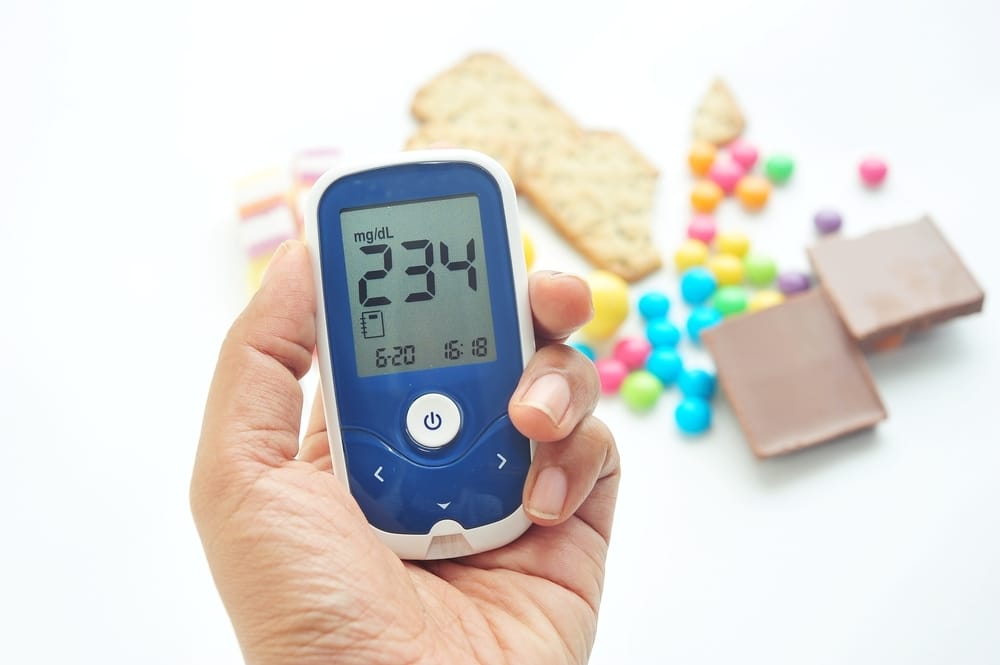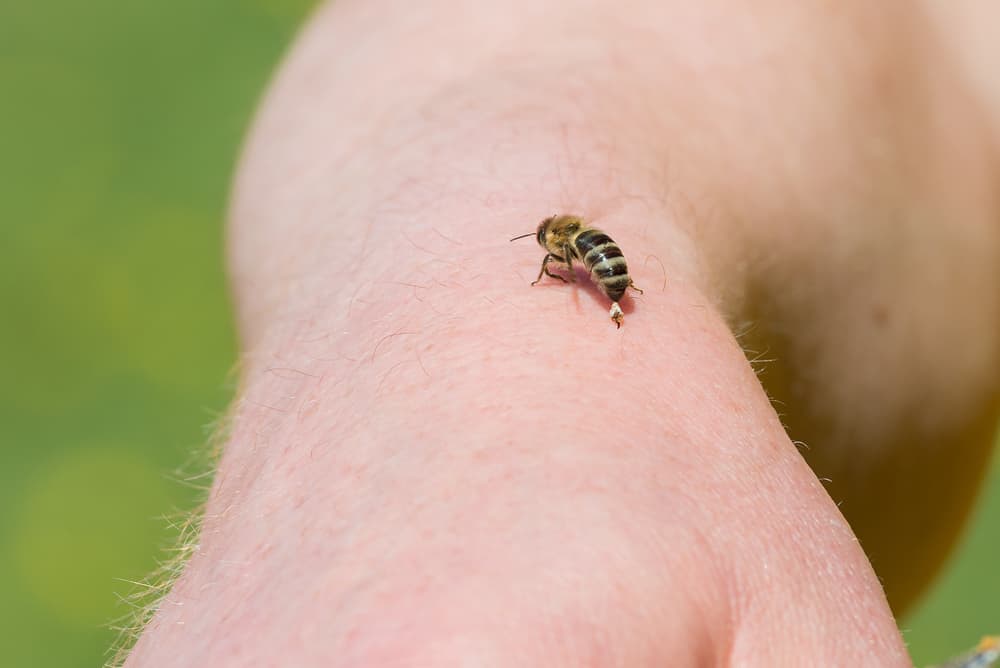Contents:
- Medical Video: My Family Member Has ALS (Lou Gehrig's Disease), What Do I Do? by Emma Davie & Louise Oswald
- Signs and symptoms of ALS
- 1. Muscles weaken or paralyze
- 2. Difficulty chewing and swallowing
- 3. Difficulty speaking
- 4. Difficulty breathing
- What can be done to assist people with ALS
- Facing the transition process
- Provide emotional support
- Watch for signs of depression or anxiety
- Take care of yourself
- Get help from others
- Find as much information as possible about ALS
- Use tools to facilitate daily activities
- Record all medicines and special needs
- Prepare an emergency
Medical Video: My Family Member Has ALS (Lou Gehrig's Disease), What Do I Do? by Emma Davie & Louise Oswald
ALS or Amyothropic Lateral Sclerosis is a disorder of the motor nerves or nerve cells in the brain and spine that regulates the movement of the lurik muscles (muscles that are driven by their own volition). For patients with ALS, this nerve does not function anymore so the striated muscles cannot be moved and slowly become paralyzed. Until now no cause and drug has been found to cure ALS. Treatment and care provided is an effort to improve quality of life and slow down the effects of disease on the body.
Perhaps you have heard of examples of cases of ALS sufferers from a British scientist, Stephen Hawking. Stephen Hawking was diagnosed with ALS in 1963 and had just passed away on Wednesday, March 14, 2018 at the age of 76 years.
ALS is a disease whose impact is felt gradually. But these stages cannot be predicted with certainty because everyone experiences a different process. Then, the role of companion or caregiver for patients with ALS it is very meaningful. If you have a family member diagnosed with ALS, you will act as a companion. You can also seek help from a professional personal nurse. Whatever choices and plans you make to assist ALS sufferers, the following things should not be missed.
Signs and symptoms of ALS
1. Muscles weaken or paralyze
In the early stages, the symptoms shown by ALS sufferers even before the diagnosis is made are that the muscles that relax as if they lose coordination. The signs that appear usually are difficulty walking and often falling or dropping things. Within a few months or years, ALS will increasingly affect the workings of the muscles resulting in paralysis.
2. Difficulty chewing and swallowing
If ALS that attacks is getting serious, your loved ones will have difficulty controlling the muscles to swallow so that the process of eating and swallowing saliva will be disrupted. In the final stage, most people with ALS will lose the ability to eat from the mouth so you have to provide a hose to help eat.
3. Difficulty speaking
Because the muscles in the throat and mouth are weakened, people with ALS will experience problems when speaking. Articulation, intonation and pauses when speaking becomes unclear and irregular. This is certainly very uncomfortable for loved ones who have ALS and yourself. You can invite your loved one to meet a speech therapist to develop a new communication system that is comfortable for ALS sufferers and the person who accompanies them.
4. Difficulty breathing
For cases of ALS that have entered the final stage, people with ALS may have difficulty regulating their breath or not being able to breathe at all without the aid of a tool. Look at the symptoms from the start so you don't detect this disorder too late. Your loved ones will start breathing short, often panting and yawning. Usually this disorder will also get worse at night when people with ALS are sleeping, so make sure you monitor these changes.
What can be done to assist people with ALS
Facing the transition process
People with ALS will definitely need help from others to do daily tasks or do activities. For some people, the loss of independence feels very heavy. Discuss all options and treatment plans that can be taken with your loved ones. Make sure that he is actively involved in making decisions so he still feels empowered and valued. You and your loved ones must also prepare various possibilities such as resigning from work and looking for new sources of income.
Provide emotional support
Physical help is very important, but don't forget emotional support for loved ones who have ALS. Invite your loved ones to talk and share, listen sincerely. You can also constantly convince your loved ones that you and him will fight together against ALS disease. You may feel that this is easier said than lived, but with a day-to-day and one-minute principle a minute, your sincere presence and assistance will not be in vain.
Watch for signs of depression or anxiety
Not infrequently people with ALS suffer from depression or anxiety disorders because of their condition. Don't underestimate let alone corner your loved one because of this depression. You need to monitor if your loved one starts showing anxiety or symptoms of depression. Immediately contact your doctor or psychiatrist so that your loved ones can get the help they need such as therapy or tranquilizers. Depression and anxiety do not only attack loved ones, you yourself as a companion or "nurse" also susceptible to stress, depression, and anxiety. Seek professional help as soon as possible if you begin to feel a striking change in your mood.
Take care of yourself
People with ALS will really need your help, energy, and attention. Naturally, being with your loved ones will take up almost all of your time. However, remember that you have the right to prioritize yourself.
Maintain health and if you feel the symptoms of being sick, take a break and take good care of yourself until you recover. As much as possible find time to pursue your hobbies or interests, even though it's as simple as reading a book or meeting with friends. By caring for yourself first, you will be better able to care for other people who need you.
Get help from others
You don't need to face this situation alone. You need to be aware of your limits and seek help from others when you are overwhelmed. You can ask for help from other family members, relatives, or professionals. The most important thing is that you will continue to support and assist loved ones who have ALS. Usually this assistance will be needed in the final stages of ALS disease.
Find as much information as possible about ALS
As the first person relied on by an ALS, you need to know the ins and outs of this disease. Don't just depend on what the doctor says, but find out more information about ALS through the internet, the ALS family, ALS forums, seminars, and socialization. You can also go to health centers to find out more information.
Use tools to facilitate daily activities
In the early stages, the muscles of ALS sufferers will weaken, so you can put a rail in the bathroom to make it easier for your loved ones to stand and walk. If loved ones experience paralysis, use a wheelchair so they can feel more independent. People with ALS who have difficulty breathing and eating can also use breathing apparatus and feeding hoses.
Record all medicines and special needs
People with ALS need various types of medicines and special diets. In order not to forget the schedule of taking certain medications or dietary restrictions, keep a separate record and don't forget to update it if there are changes. Thus, if you suddenly have to ask for help from someone else to accompany a loved one, you just need to show the note.
Prepare an emergency
Don't miss this because ALS sufferers cannot easily deal with emergency situations. For example, if your loved one suddenly has to go to the hospital in the middle of the night. This process will be easier if you have prepared an emergency bag containing clothes, medicines, aids, and all necessary medical or insurance documents. Also prepare important numbers that can be contacted in critical situations such as emergency departments, red bars, firefighters, police, and national emergency telephone numbers.












